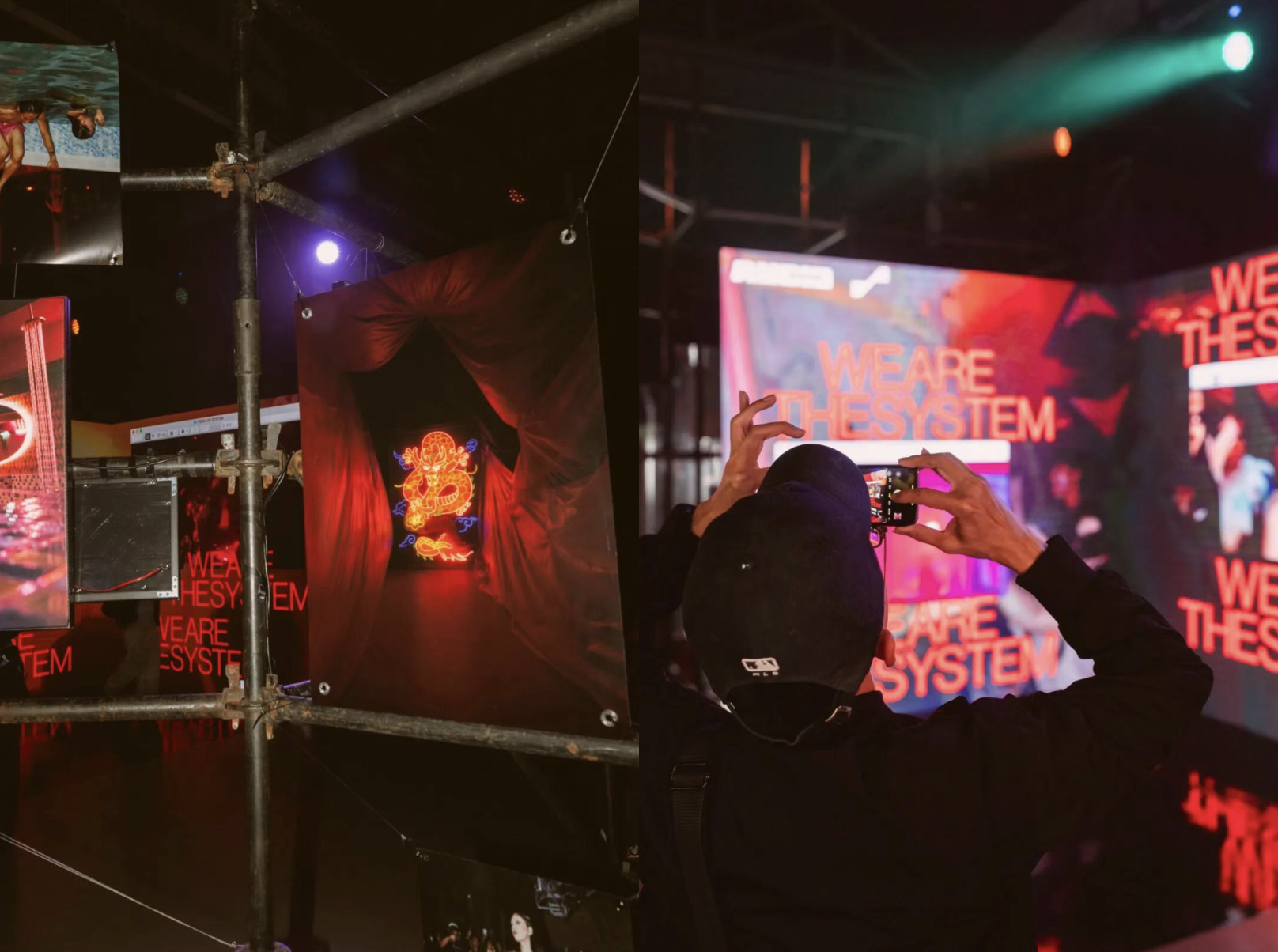Before fans began comparing her to Donna Summer for her wild tresses and unabashed voice, Zhang Qiang was a mere cover artist, singing Western disco songs that Chinese listeners barely knew. But through sheer talent and hard work, she made a name for herself. Her songs routinely became better received in China than the originals. In 1985, her debut cover album Tokyo Nights sold more than a million copies. She was only 18. In the three years after, she released 20 albums, including 11 in 1986 alone (still mostly consisting of covers of Western tracks). That year she became the first Chinese artist to be interviewed by TIME Magazine, which dubbed her “China’s Disco Queen.”
She produced “only” five albums from 1988 to 1992, and then promptly retired for the next four years. The music scene she’d attempt to return to, in the mid-90s, was radically changed, thanks to the emergence of Mandopop stars. And so, Zhang changed as well. Her 1996 re-debut album, Let’s Rock, featured only original songs. Her career as a cover artist was officially over.


And thank goodness, because otherwise we might not have gotten the catchy song “Beijing Girls,” with the zany accompanying video embedded above.
Released on May 20 of this year as her latest single, Beijing Girls has an instantly familiar retro beat and bouncy lyrics that wax nostalgic about Beijing. The girls in the video are played by native Beijing celebrities from different industries. If anything else sounds or looks familiar, it’s for good reason: the song samples from Prince’s “Kiss,” and the man in the video is clearly paying homage to Daft Punk. Horns and sax are employed in a way that reminds me of Bruno Mars’s Uptown Funk. If you sense other similarities to Western musical styles, it’s for good reason: Zhang Qiang, after all, grew up on this. But as a sign of an artist working at peak maturity, she neither steals from nor imitates those who influenced her – she merely borrows, producing a fusion that is all her own.
Those behind the Great Firewall can watch “Beijing Girls” here.
Yin (音, “music”) is a weekly Radii feature that looks at Chinese songs spanning classical to folk to modern experimental, and everything in between. Drop us a line if you have a suggestion: editor@radiichina.com.
















